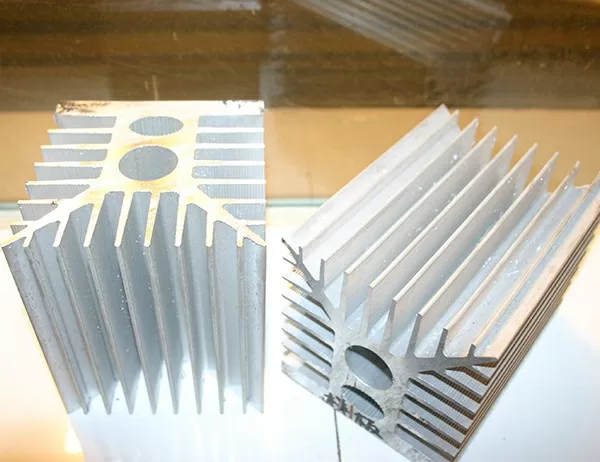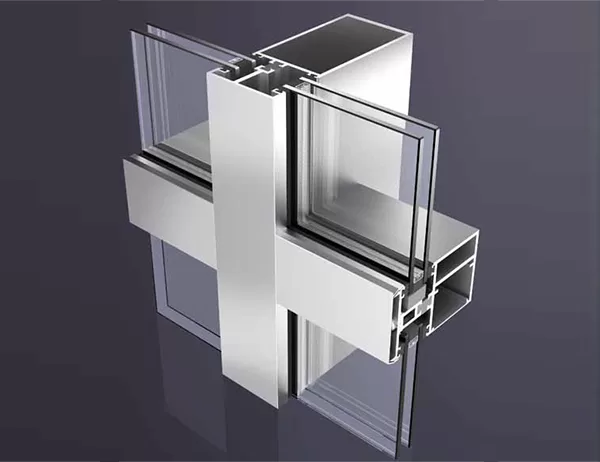Quality assurance is an essential aspect of any manufacturing process, and this is especially true in the production of aluminium T-section extrusions. These products are used in a wide variety of applications, from construction to automotive, and they must meet stringent standards to ensure safety and performance. To achieve this, manufacturers must implement a robust quality assurance system that covers all aspects of the production process.
Raw Material Inspection
The first step in quality assurance is to ensure that the raw materials used in the extrusion process meet the required standards. This involves testing the materials for chemical composition, physical properties, and surface quality. Any materials that do not meet the specifications must be rejected to prevent them from compromising the quality of the final product.
Equipment Maintenance and Calibration
The equipment used in the extrusion process must be properly maintained and calibrated to ensure that it is operating within the required tolerances. This includes regular inspections, lubrication, and adjustments. Any equipment that is not functioning properly can lead to defects in the extruded products.
Process Control and Monitoring
The extrusion process itself must be carefully controlled and monitored to ensure that the products meet the required specifications. This involves monitoring the temperature, pressure, and speed of the extrusion press. It also involves taking regular measurements of the extruded products to check their dimensions, surface finish, and strength.
Non-Destructive Testing
Non-destructive testing (NDT) techniques are used to inspect the extruded products for defects that are not visible to the naked eye. These techniques include ultrasonic testing, eddy current testing, and radiographic testing. NDT can detect defects such as cracks, voids, and inclusions.
Heat Treatment and Finishing
After extrusion, the products may undergo heat treatment to enhance their properties. Heat treatment involves heating the products to a specific temperature and then cooling them in a controlled manner. This can improve the strength, hardness, and corrosion resistance of the products. Other finishing processes, such as anodizing and powder coating, can also be used to enhance the appearance and durability of the products.
Final Inspection and Certification
Before the products are released to customers, they must undergo a final inspection to ensure that they meet all of the required standards. This inspection may include visual inspection, dimensional measurement, and mechanical testing. The products must also be certified to meet the relevant industry standards.
Continuous Improvement
Quality assurance is an ongoing process that involves continually monitoring and improving the production process. This includes identifying and addressing any areas where quality can be improved. It also involves staying up-to-date on the latest quality standards and technologies. By implementing a robust quality assurance system, manufacturers can ensure that their aluminium T-section extrusions meet the highest standards of quality and performance.




